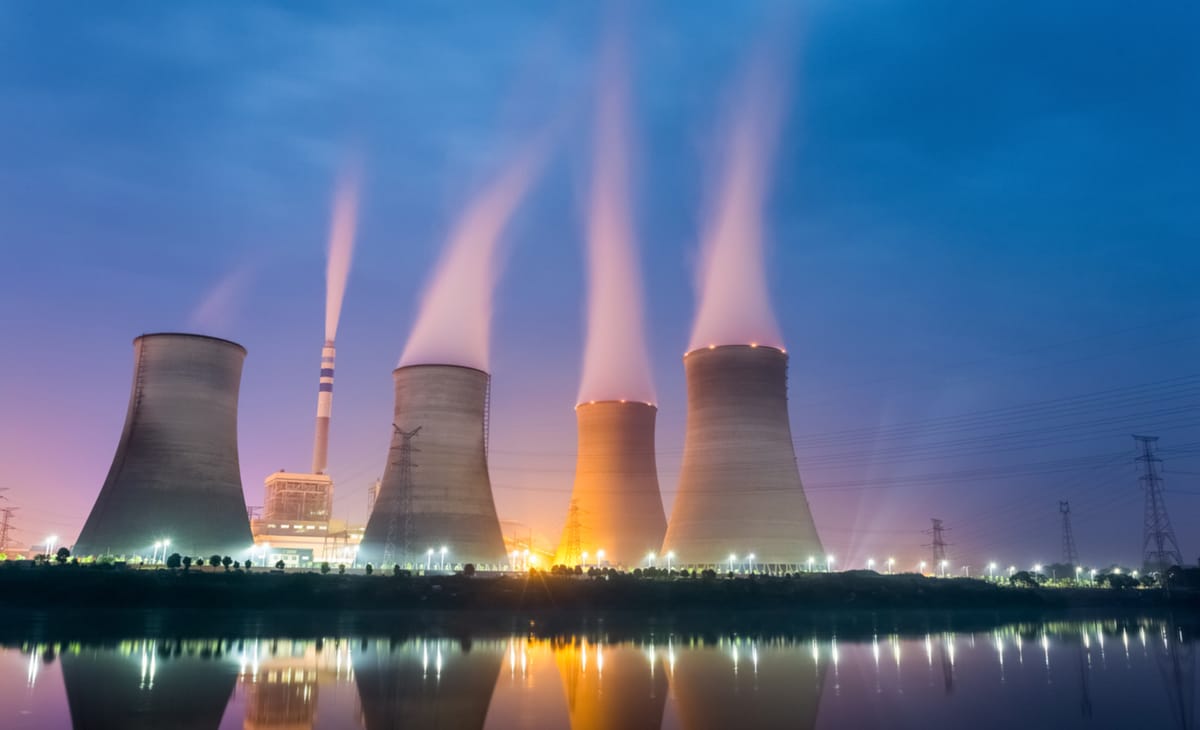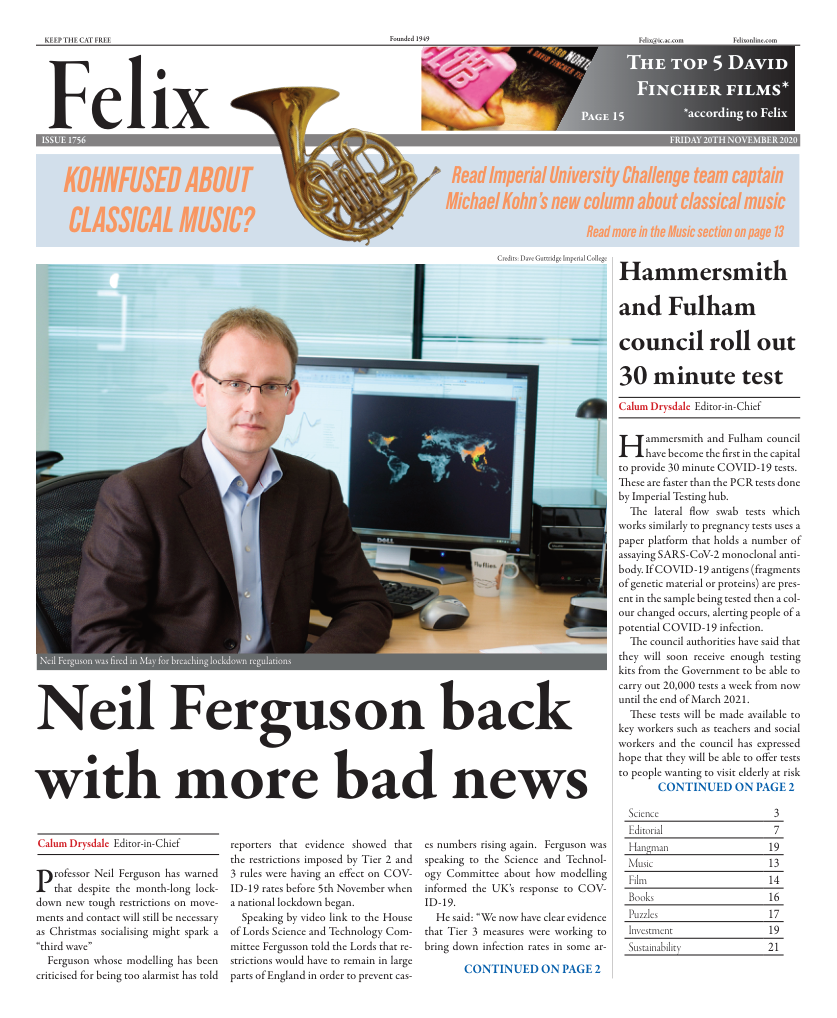Are the UK government right to be investing in the new nuclear?
As the UK government continues to pump millions of pounds into the development of new nuclear facilities, Science Editor Lily Shepherd discusses whether this is really the right approach for the UK energy mix.

In 2018, I spent three months working for EDF Energy, who own the UK’s seven nuclear sites. I started with a fairly limited knowledge of nuclear power, only familiar with the introductory theory of nuclear and atomic physics (from my degree) and the negative portrayals of nuclear power in the media (from the Simpsons). After months calculating the incredibly low radiation doses that would result from incredibly unlikely reactor faults, I came out of that job with a strong sense that nuclear in the UK is both safe and necessary. But should it be the future of energy in the UK?
Environmental groups have long been critical of nuclear power in this country. Greenpeace UK describe it as “expensive, hazardous and slow to build”, and argue that it creates problems for future generations who have to deal with disposal of radioactive waste. They have also suggested that it creates significant national security issues, particularly with the risk of terror attacks on nuclear facilities. These are all very valid arguments.
It is unsurprising that we are fearful of nuclear energy. Most of us have seen the disturbing impacts of the nuclear power station accidents at Chernobyl and Fukushima. However, those of us who have seen HBO’s stunning drama Chernobyl will know that this accident was preventable, and the same has been said about the Fukushima tragedy. In both cases, experts have said that the tragic deaths resulting from the accidents could have been prevented if the governments responsible had followed international best practices and standards. The UK nuclear industry is independently regulated by the ONR (Office for Nuclear Regulation) and has some of the strictest nuclear safety regulations in the world.
Despite this, it is difficult to make an argument that nuclear energy is entirely safe and secure. However tiny, there is always some risk involved – particularly when external safety issues such as nuclear terrorism are factored in. Renewable energy sources such as wind and solar do not create the same level of security issues and are more climate friendly. A recent study in Nature Energy from the University of Sussex analysed nuclear programmes in 123 countries over 25 years, and found that countries with large scale nuclear programmes do not show significantly lower carbon emissions than those without. They found that countries which operate an energy mix that is partially nuclear and partially renewable are less efficient, as the nuclear and renewables “crowd each other out”, resulting in the high levels of national investment required for successful renewable programmes being misdirected towards nuclear.
It is clear, then, that a 100% renewable energy mix is the ideal approach to electricity supply in the UK. But the UK currently uses an average of 1873 TWh of energy per year, and to produce this amount requires significant land area, as well as investment. For example, consultancy firm LucidCatalyst calculated that using solar power to replace oil demand alone would require around 23,000 square kilometres of land – roughly 10% of UK land area. Wind, geothermal and tidal energy all require similarly large areas.
There are two solutions to this problem. One is to increase the efficiency of renewable energy sources, and the other is to find ways of storing energy so that it is not wasted (e.g. so that solar energy is stored on sunny days, when there is more than we need). Both of these solutions are focuses of worldwide energy research.
However, research does take time. If the UK Government directed all their investment in nuclear towards renewables tomorrow, we would still be left without energy for potentially years, as we waited for the research to bring more efficient or storable renewable energy. Given that we have got a very short amount of time to turn climate change around, we really need an alternative to fossil fuels that we can use right now. Using nuclear power provides an intermediary stage on our way to complete decarbonisation – a stepping stone – and it is therefore necessary.
That being said, nuclear should not be the long-term future of energy in this country. We should be seeing a gradual phasing out of nuclear energy in the next few decades, and a rapid growth in renewable investment. The UK government has awarded billions of pounds to several new nuclear initiatives in recent years, and I cannot help thinking that at least some of this would have been better spent elsewhere. Renewables may not be able to provide us with all the energy we need today, but our government should be investing much more heavily in research so that the UK energy sector can decarbonise as soon as possible.








